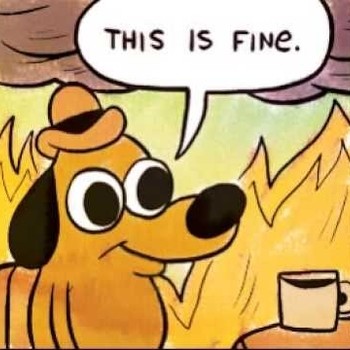When you blow air into a balloon, not only there will be increase in it's pressure but also it's volume. Is it a violation of Boyle's law?
3 Answers
No, the system is not closed.
Explanation:
Boyle's law states that
That is, it is a conserved quantity within a closed system. This means that the system cannot exchange particles with the outside world to satisfy Boyle's law.
Therefore, this is not a violation of Boyle's law.
We can also think of this as an example of an ideal gas at constant temperature:
Since N increases, P and V can increase.
There are a few more factors to consider...
Explanation:
No, because the mols of air are also changing in this case as you blow into the balloon
Have a look at the ideal gas law:
Let's just say the temperature stays constant when you blow into a balloon, if
To express this relationship:
No. Boyle's law simply states that volume and pressure are inversely proportional.
Explanation:
Boyle's law says that absolute pressure exerted by a specific mass of an ideal gas is inversely proportional to the volume it occupies.
But when you blow up a balloon you do not have one specific mass of gas, because with every blow into the balloon you are increasing the mass of gas inside the balloon. So this needs to be considered too.



